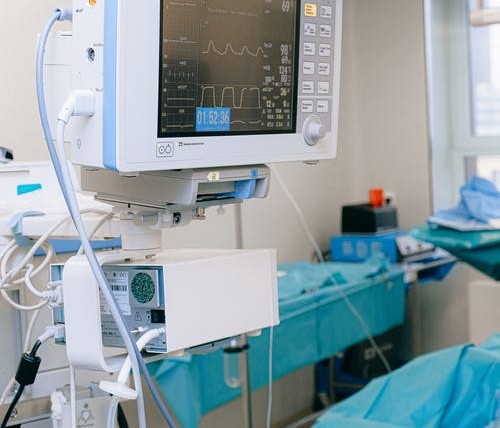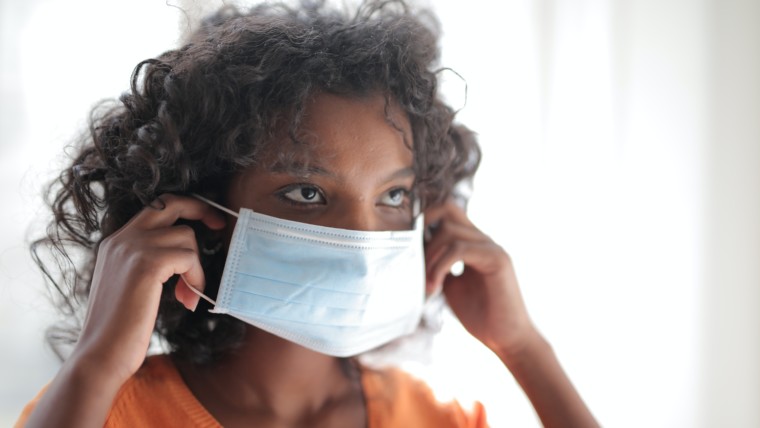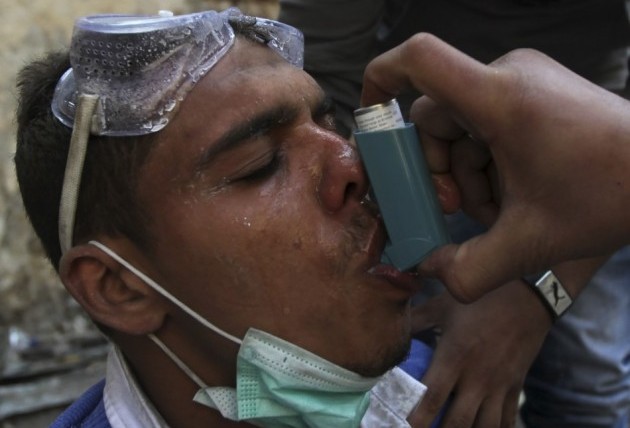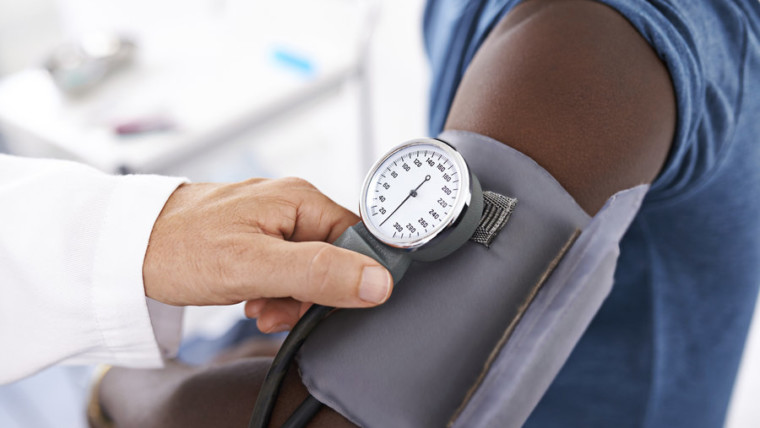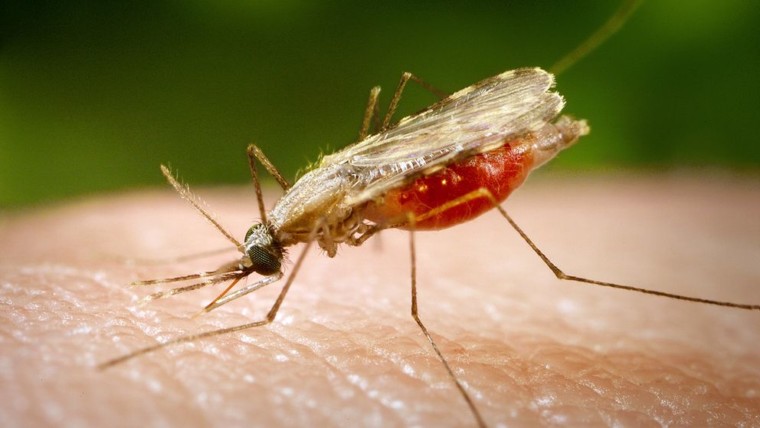Surgical pain is an unpleasant sensation that results from a surgical procedure. Pain is caused by the damage done to tissue by the incision, the procedure itself, the closing of the wound and any force that is applied during the procedure. Pain after surgery can also stem from factors that accompany surgery. For example, you may have back pain due…
